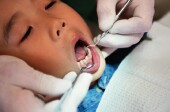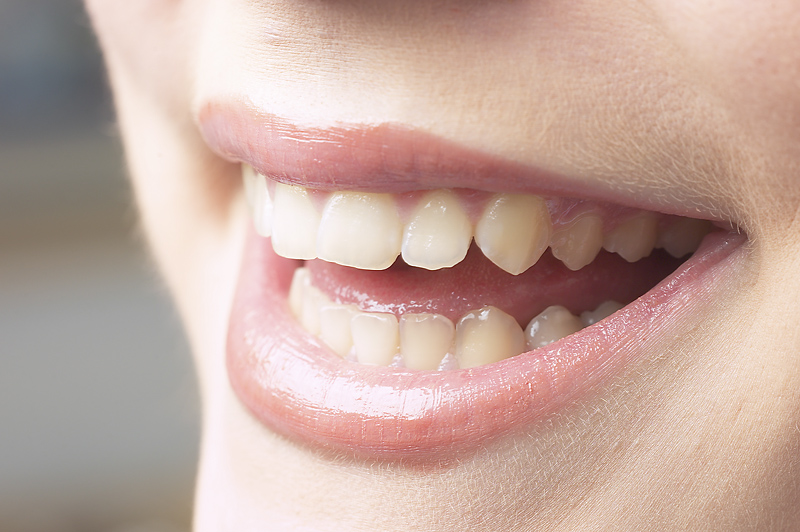
MONDAY, May 30 (HealthDay News) — Native American children in the United States and Canada have three times the rate of untreated cavities compared to other kids, according to a new policy statement from a pediatricians group that recommends doctors pay more attention to the oral health of those patients.
A survey of 2,633 children aged 2 to 5 born to indigenous populations in the United States, Alaska and Canada found that 68 percent had untreated cavities. In some Canadian indigenous communities, more than 90 percent of children have tooth decay (dental caries).
“The influence of early childhood caries on overall childhood health and well being goes well beyond the mouth, and many of our indigenous children have not benefited fully from the many advances to improve oral health in North American children,” Dr. James Irvine, co-author of the American Academy of Pediatrics’ policy statement, said in a news release. “In fact, there are remarkable similarities in health issues and living circumstances of indigenous children in the U.S. and Canada.”
The policy statement is published in the June issue of Pediatrics.
Researchers concluded that young indigenous children should have access to oral health care, in conjunction with other preventive measures under the guidance of a pediatrician.
“Many physicians continue to view early childhood caries as a dental problem to be treated by dentists,” noted study co-author Dr. Steve Holve. “We want to emphasize that early childhood caries is an infectious disease, knowing that infectious diseases are problems in which pediatricians and primary care providers are experts. The skills of our dental colleagues are highly valued, but we hope to shift the focus of treatment for early childhood caries to primary care providers and preventive measures such as topical fluoride varnishes.”
In encouraging pediatricians to assume a larger role in the prevention of tooth decay among indigenous children in the United States and Canada, the American Academy of Pediatrics recommended:
- Parents and caregivers of infants and children should be educated on proper oral hygiene and diet.
- After their first tooth comes in, children should use fluoridated toothpaste under proper supervision.
- Pregnant women should have access to prenatal screening for dental health and referrals for dental care.
- Children should have access to oral health prevention and treatment services, such as fluoride varnish programs.
More information
The American Dental Association has more information on tooth decay.

